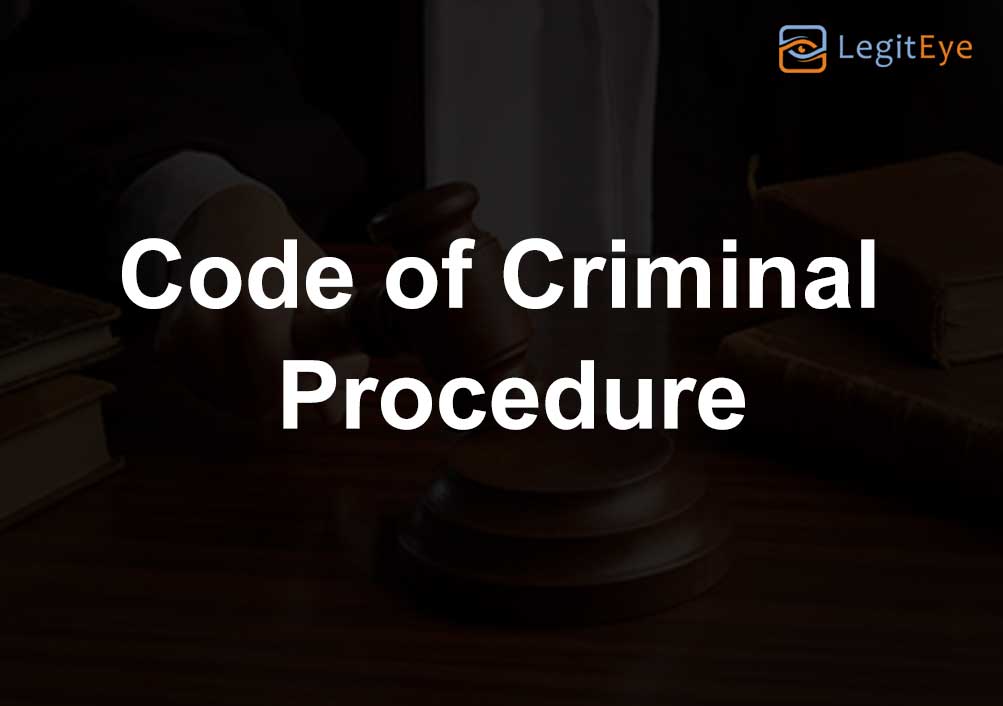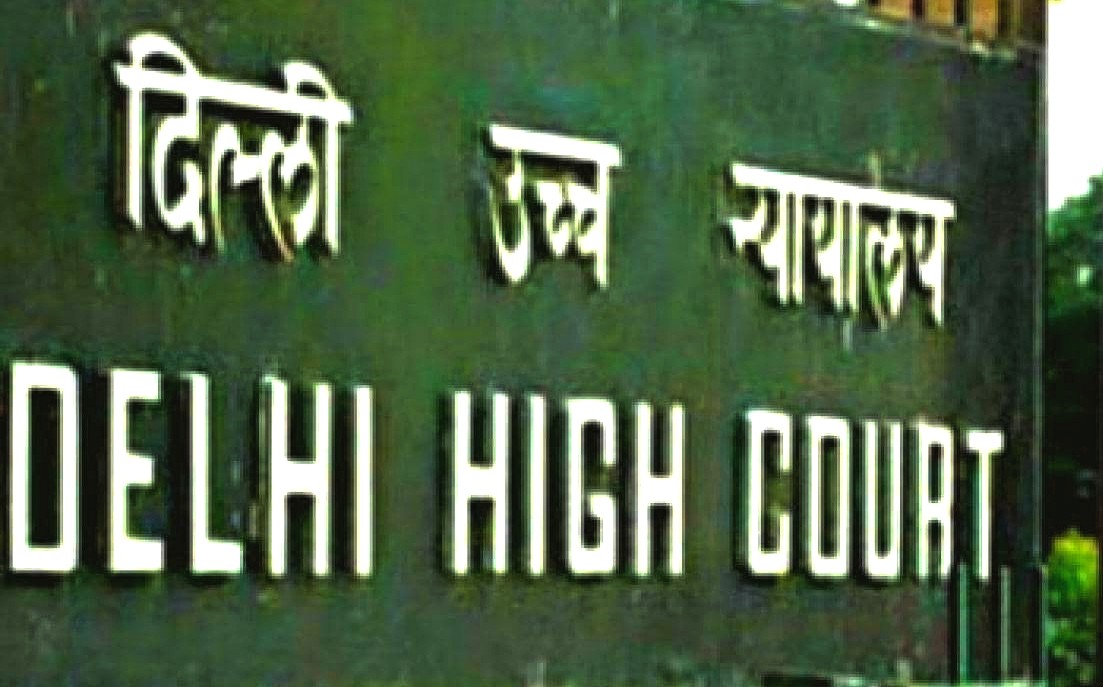In JCRLA No. 22 Of 2019-ORI HC- Examination of accused u/s 313 CrPC is for purpose of enabling him to explain any circumstance appearing in evidence against him and it is not mere formality: Orissa HC
Justice S.K. Sahoo [19-10-2022]

Read Order: Abhimanyu Jena v. State of Odisha
Tulip Kanth
Bhubaneswar, October 29, 2022: Placing reliance on section 313 of CrPC, the Orissa High Court has opined that the questions put and the answers given have great use and the purpose of examination is to bring the substance of accusation to the notice of the accused which is based on the fundamental principle of fairness.
Justice S.K. Sahoo asserted, “...law is well settled that examination of an accused under section 313 of Cr.P.C. is for the purpose of enabling him to explain any circumstance appearing in evidence against him. It is not a mere formality.”
In this case, the appellant-Abhimanyu Jena faced trial for the offences punishable under sections 363, 354(A)(i)/511 of the Indian Penal Code and section 8 of the Protection of Children from Sexual Offences Act, 2012 on the accusation that in 2016 at village Kusapangi (Mundamala Sahi), he kidnapped the victim (first witness), who is a girl aged about twelve years, from the lawful custody of her mother guardian (second witness) without her consent and committed sexual assault on her by forcibly dragging her by holding her hands towards the bush and also committed sexual assault on the victim.
The Trial Court sentenced the appellant to undergo rigorous imprisonment.Challenging such order, this appeal was filed.
The Bench noted that there was no substantive evidence regarding identification of the appellant in Court and no test identification parade had also been conducted in the case. Thus, the evidence of the other witnesses, who stated to have caught hold of the appellant in village Gotamara Kusajhari became irrelevant in view of the non-identification of the appellant during trial by the witnesses like the victim and her mother, the Bench opined.
Referring to section 313 CrPC, the Bench reaffirmed the settled law that the questions which may be put to the accused should not be long, complicated and involved and confusing.
According to the High Court, the second question put to the appellant was long, complicated and confusing one and it contained so things like raising hullah by victim, her parents coming to the spot, the appellant decamping from the place, chasing by other local persons to the appellant, his apprehension at a distance of about 3 kms away from their village at village Gotamara Kusajhari and also handing over the appellant to the police.
Even though the appellant stated that out of fear, he was fleeing away, the Court opined that there was no substantive piece of evidence in Court regarding identification of the appellant and the answer given by him couldnot be held to be sufficient to prove the charges.
Thus, allowing the appeal, the Bench acquitted the appellant of the charges under sections 363, 354(A)(i)/511 of the I.P.C. and section 8 of the POCSO Act.
Sign up for our weekly newsletter to stay up to date on our product, events featured blog, special offer and all of the exciting things that take place here at Legitquest.




Add a Comment